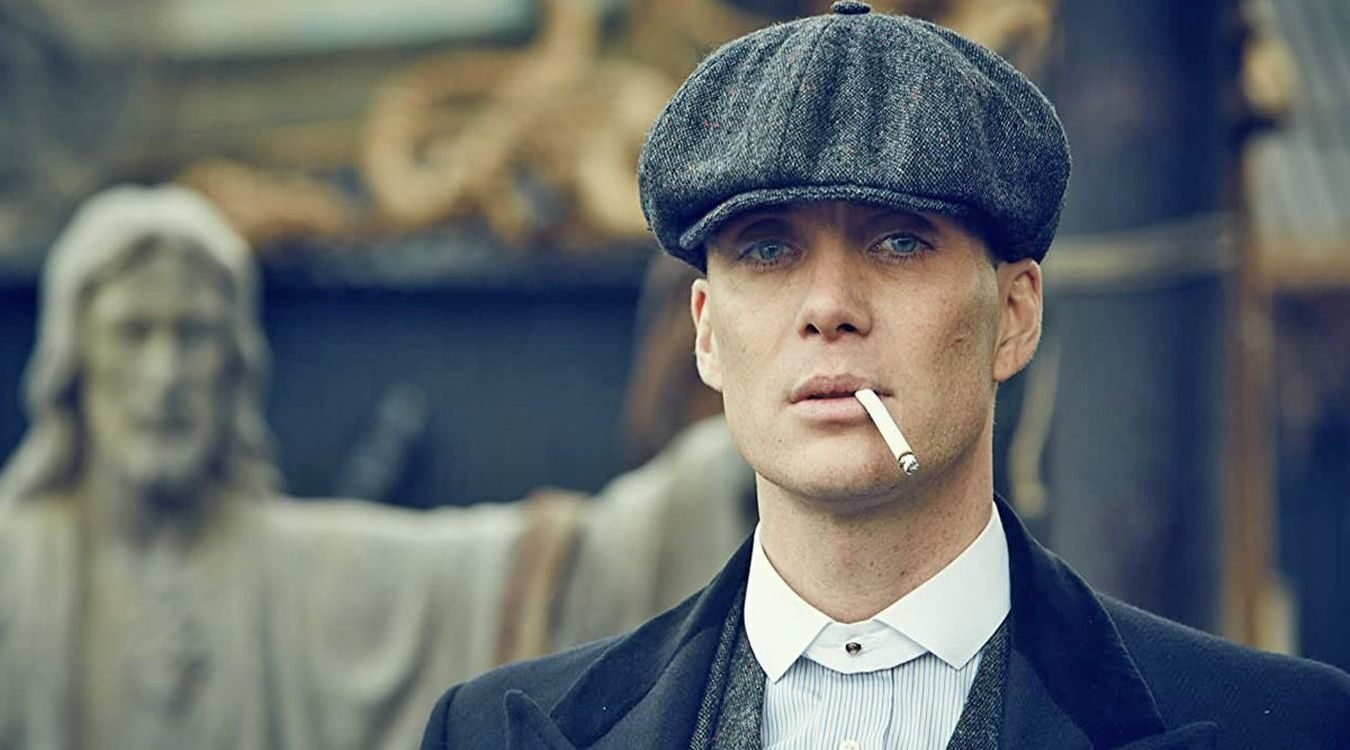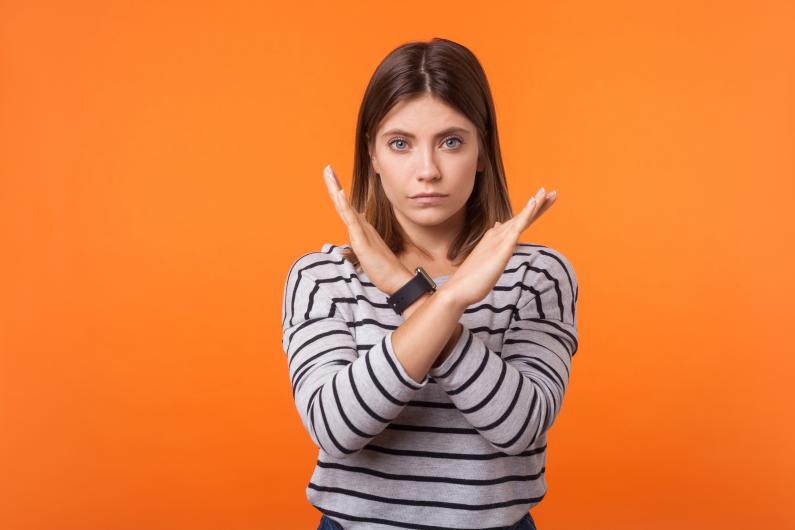Why we Love our TV legends
There is something uniquely British about our relationship with telly. We do not just watch characters on screen, we adopt them into our lives. We quote them in the pub, impersonate them at Christmas, and cringe at them with equal parts horror and affection.
Whether it is a bumbling underdog or a suave anti-hero, British TV has given us characters who have become part of our national identity.
From sitcom classics to gritty drama icons, these legends are not just fictional creations, they are cultural touchstones. They have influenced fashion, added phrases to our vocabulary, and shaped the way the world sees Britain.
Owen Cooper’s Emmy win is a perfect reminder that British telly is not only memorable at home but a powerhouse abroad. Our characters do not stay put on these shores, they travel, they trend, and they triumph.
As these shows travel, they are often subtitled or dubbed so that audiences everywhere can enjoy the wit and quirks of our most beloved characters.
From Hugh Laurie’s American success in House MD to Olivia Colman’s Oscar after Broadchurch and The Crown, British TV talent keeps setting the pace in Hollywood.
Let us raise a metaphorical glass, to the small screen heroes and villains who have made us laugh, cry, and shout at the telly.
The classic comedy icons
Mr Bean in Mr Bean
Rowan Atkinson’s Mr Bean is proof that comedy does not need dialogue to be unforgettable. With little more than a tweed jacket, a teddy bear, and an endless knack for getting into trouble, Bean became a global symbol of British humour.
Silly, slapstick, and at times excruciating, he showed the world that awkwardness can be a national export.
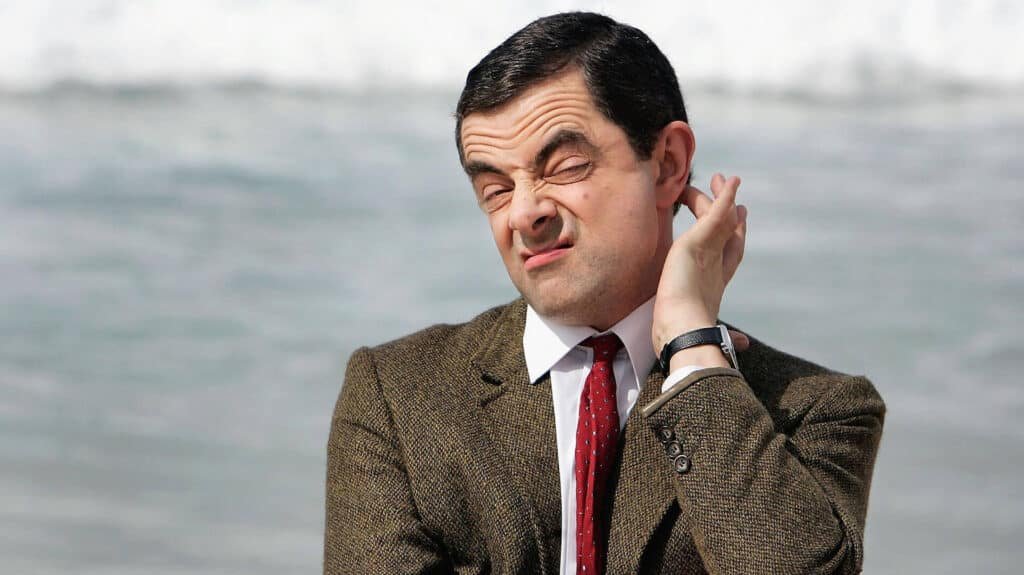
Del Boy in Only Fools and Horses
If you have never tried to sell a dodgy knock-off from the back of a van, you have at least quoted Del Boy’s line, “This time next year, we will be millionaires.” Del Boy Trotter is the ultimate hustler, charming, shameless, and forever one scheme away from the big time.
He embodies the scrappy optimism of eighties Britain, making us laugh while tugging at the heartstrings with his family loyalty.
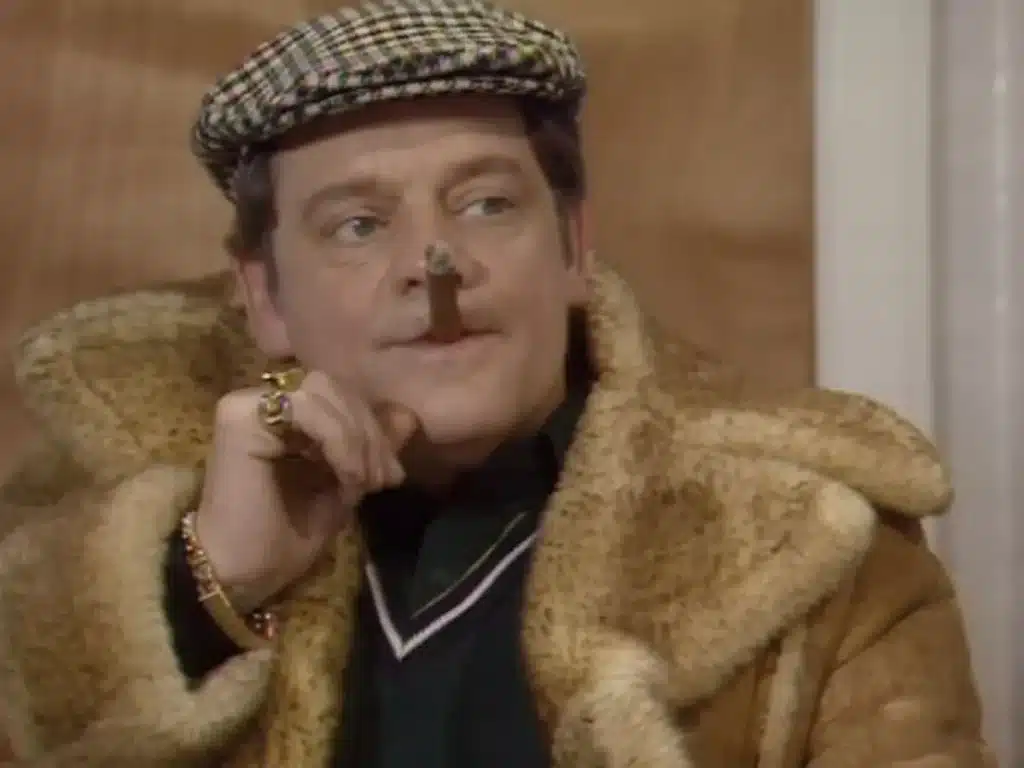
Basil Fawlty in Fawlty Towers
If sarcasm were an Olympic sport, Basil Fawlty would be a gold medallist. John Cleese’s manic hotelier is chaos personified, snappy, snobbish, and always one step away from a full-blown breakdown.
His tirades at Manuel or long-suffering Sybil still resonate because, let us be honest, we have all felt like Basil when customer service pushes us too far.
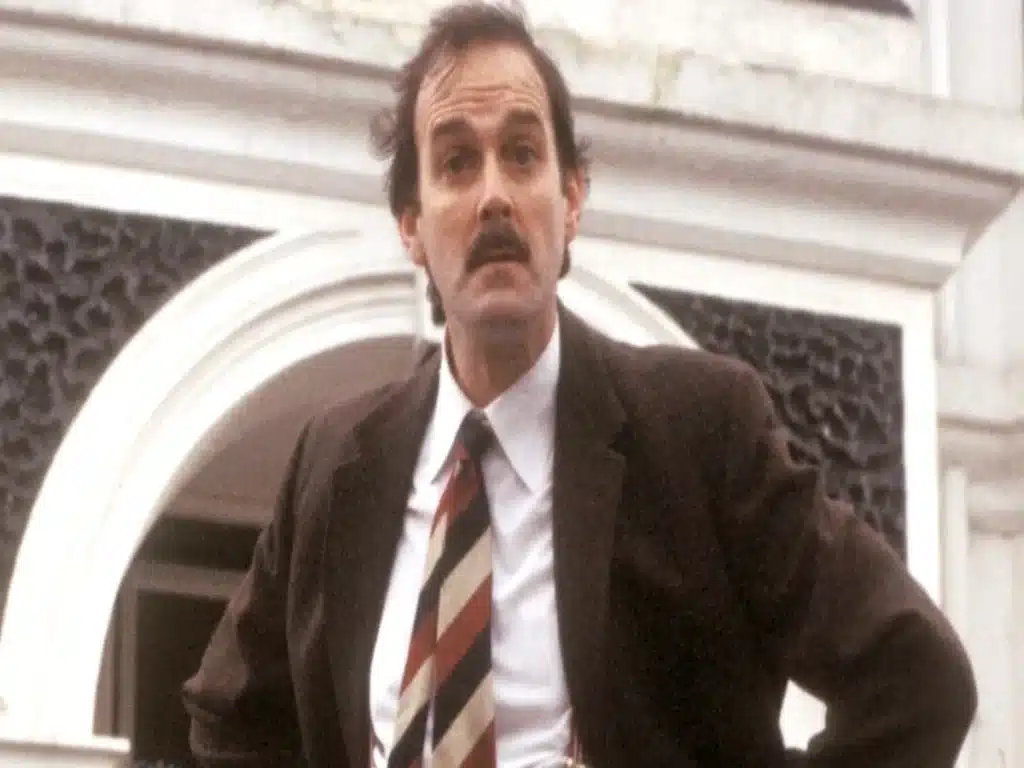
Patsy and Edina in Absolutely Fabulous
Champagne in one hand, cigarette in the other, Patsy and Edina became accidental fashion icons of the nineties. Their antics were a satirical swipe at celebrity culture and materialism, yet we loved them anyway.
They are the sort of friends you would never actually go on holiday with, but you would happily watch them cause mayhem on screen forever.
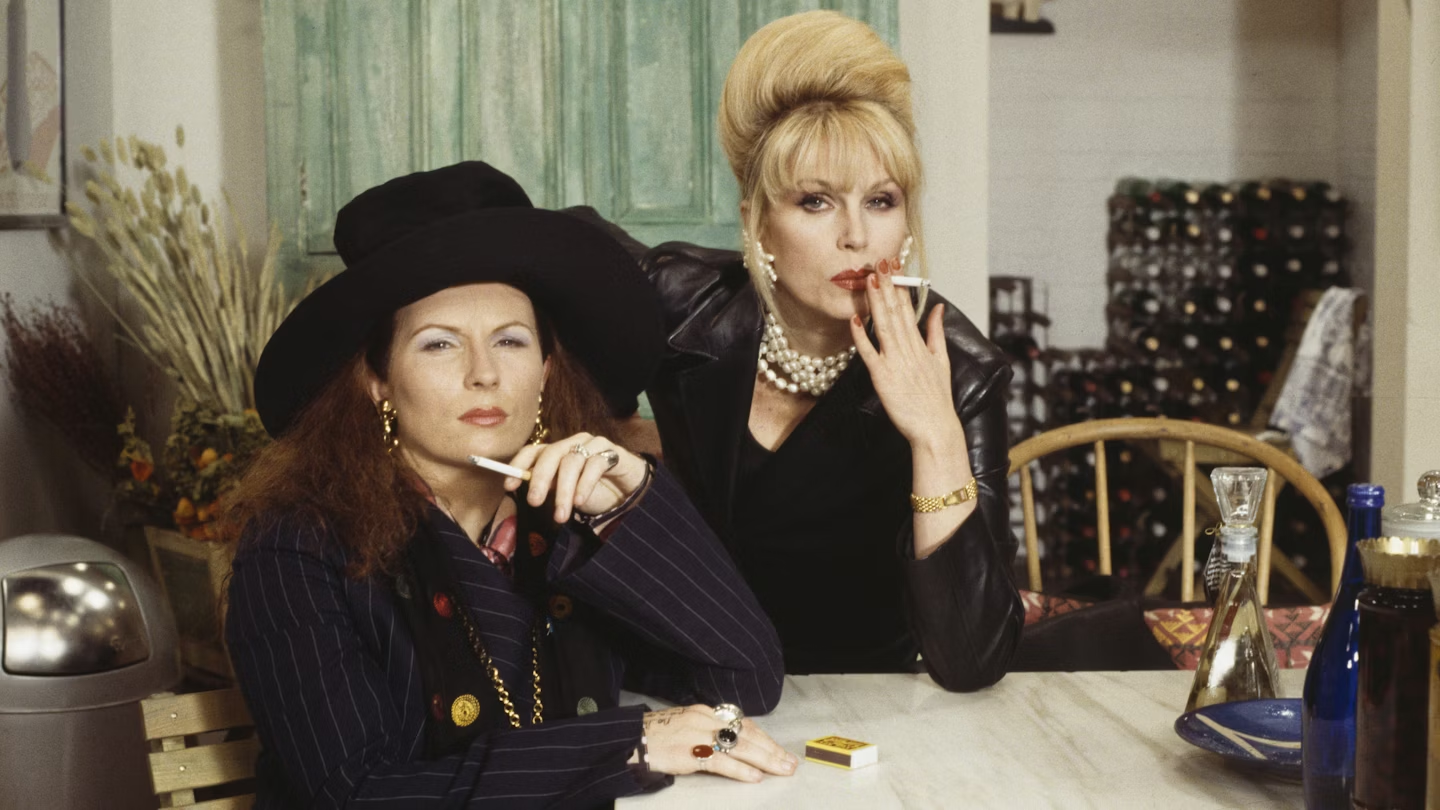
The beloved underdogs
Frank Spencer in Some Mothers Do ’Ave ’Em
Clumsy, naïve, and constantly on the brink of disaster, Frank Spencer is slapstick at its finest. Played by Michael Crawford, Frank could turn a simple DIY project into a national emergency. Beneath the pratfalls and squeaky voice was a character you could not help but adore.
He proved that no matter how badly things go, you can still pick yourself up, usually quite literally.
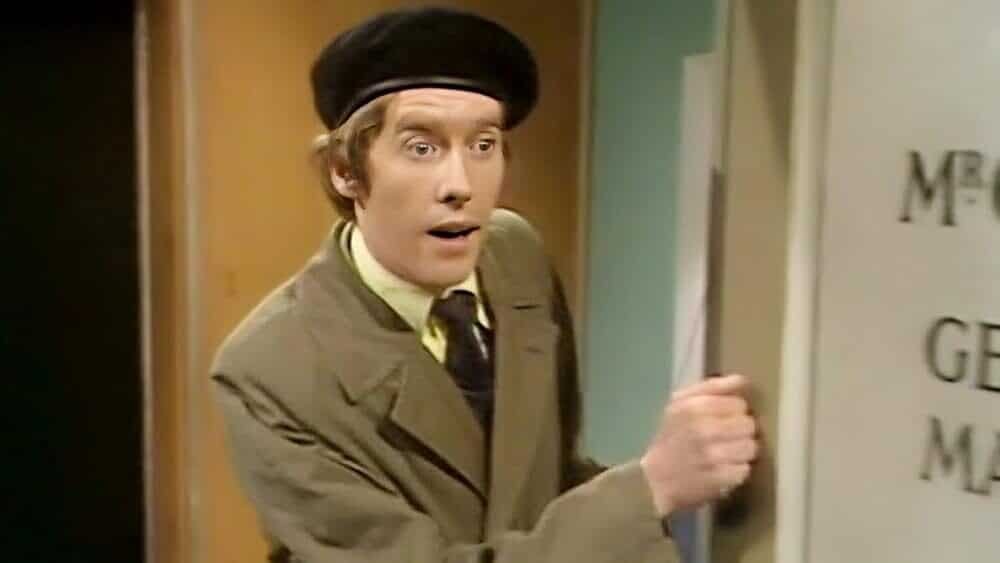
Captain Mainwaring in Dad’s Army
“Do not panic” may have been Corporal Jones’s line, but Captain Mainwaring is the heart of Dad’s Army.
Pompous, overconfident, and gloriously British in his misplaced self-importance, he is a parody of authority figures we all recognise. Yet for all his bluster, Mainwaring’s loyalty to his bumbling platoon made him strangely heroic.
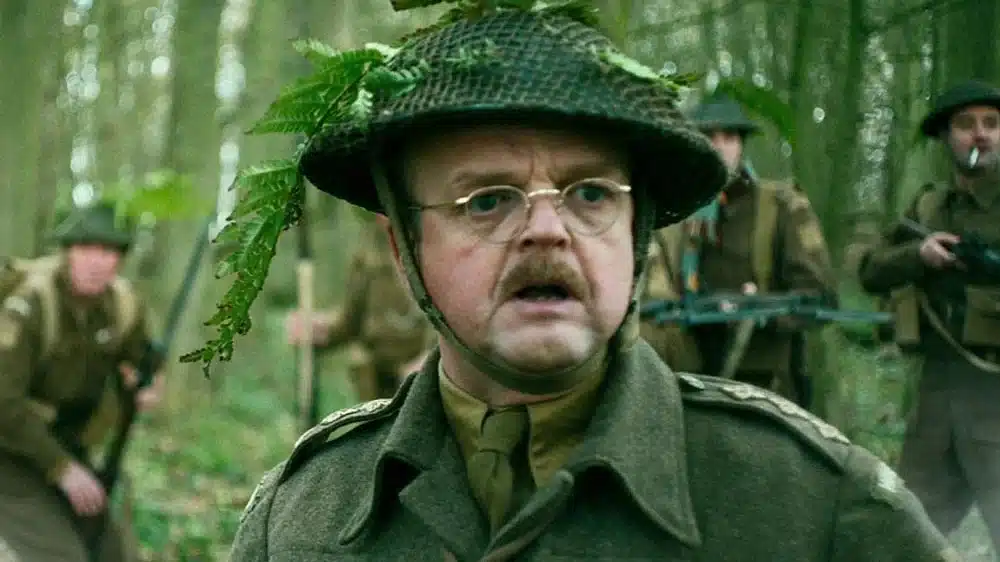
The anti-heroes and mischief makers
Alan Partridge in I’m Alan Partridge
Alan Partridge is the king of cringe. With his awkward small talk, desperate need for attention, and toe-curling faux pas, he is the embodiment of second-hand embarrassment.
And yet we adore him. He represents every failed radio DJ and every bloke who thinks he is funnier than he actually is, which is probably why he feels so familiar.
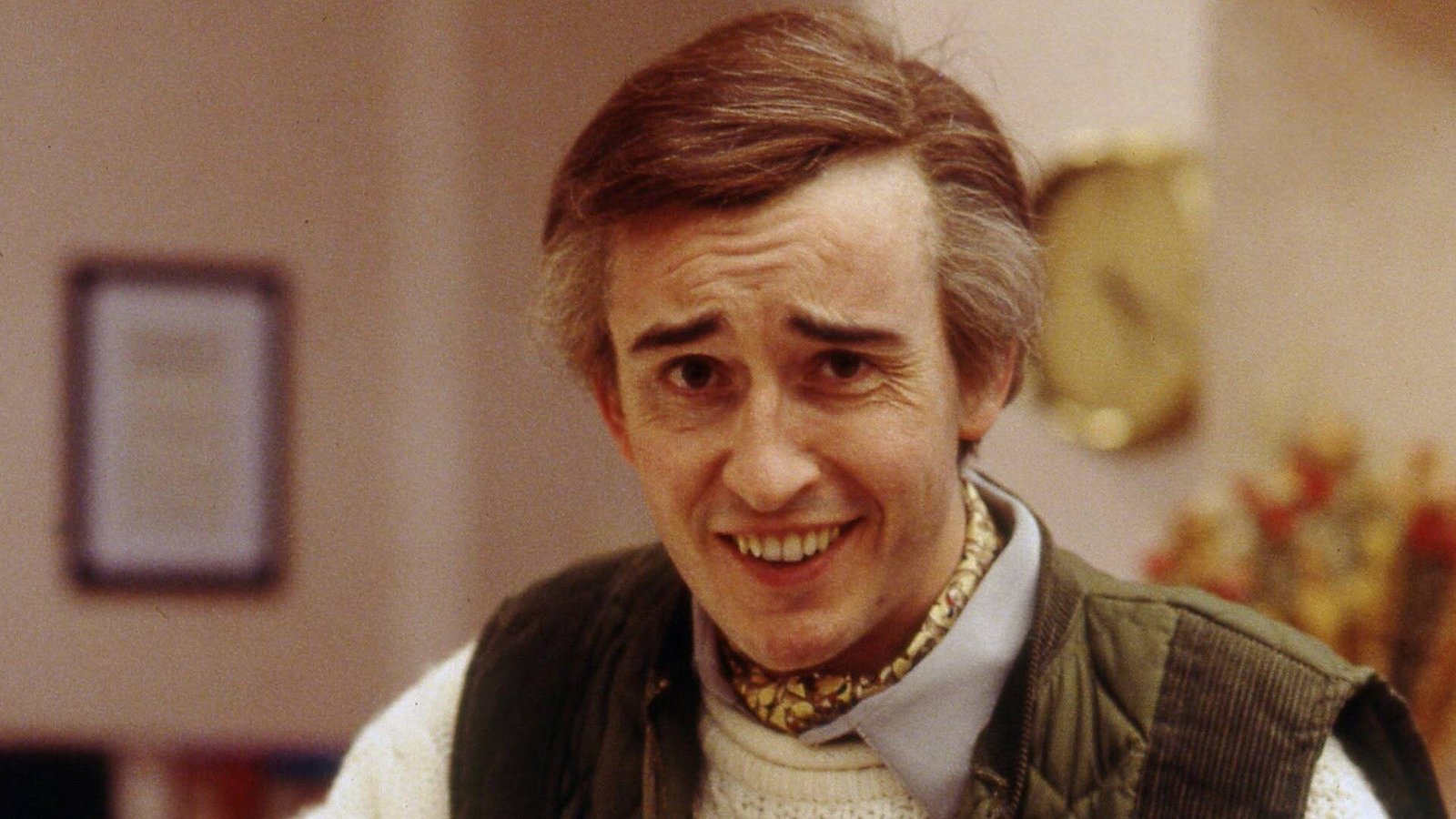
The Housemates in The Young Ones
Anarchic, surreal, and delightfully unhinged, The Young Ones brought punk sensibilities to the small screen. Each character, from pompous Rik to chaotic Vyvyan, was a caricature of youth culture in the eighties.
It was not tidy or polite, but it captured the rebellious energy of a generation that wanted to smash up tradition, sometimes literally.
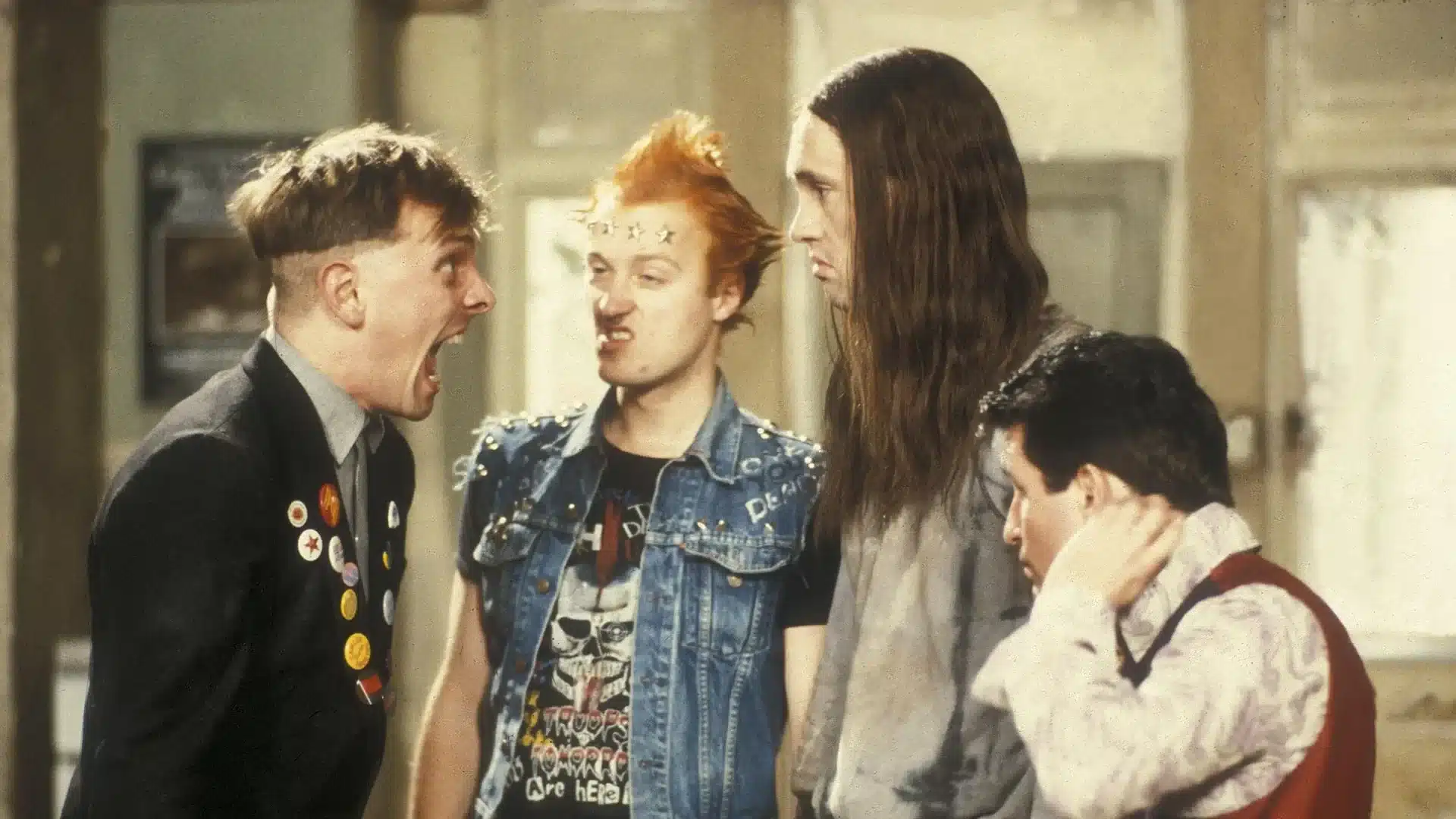
Tommy Shelby in Peaky Blinders
Brooding in his flat cap with a cigarette dangling from his lips, Tommy Shelby is the epitome of the modern TV anti-hero. Equal parts ruthless gangster and tortured soul, he is stylish, dangerous, and endlessly quotable.
While Del Boy gave us hope and Alan Partridge gave us cringe, Tommy Shelby gave us Instagram-ready captions and a sudden rise in sales of tweed suits.
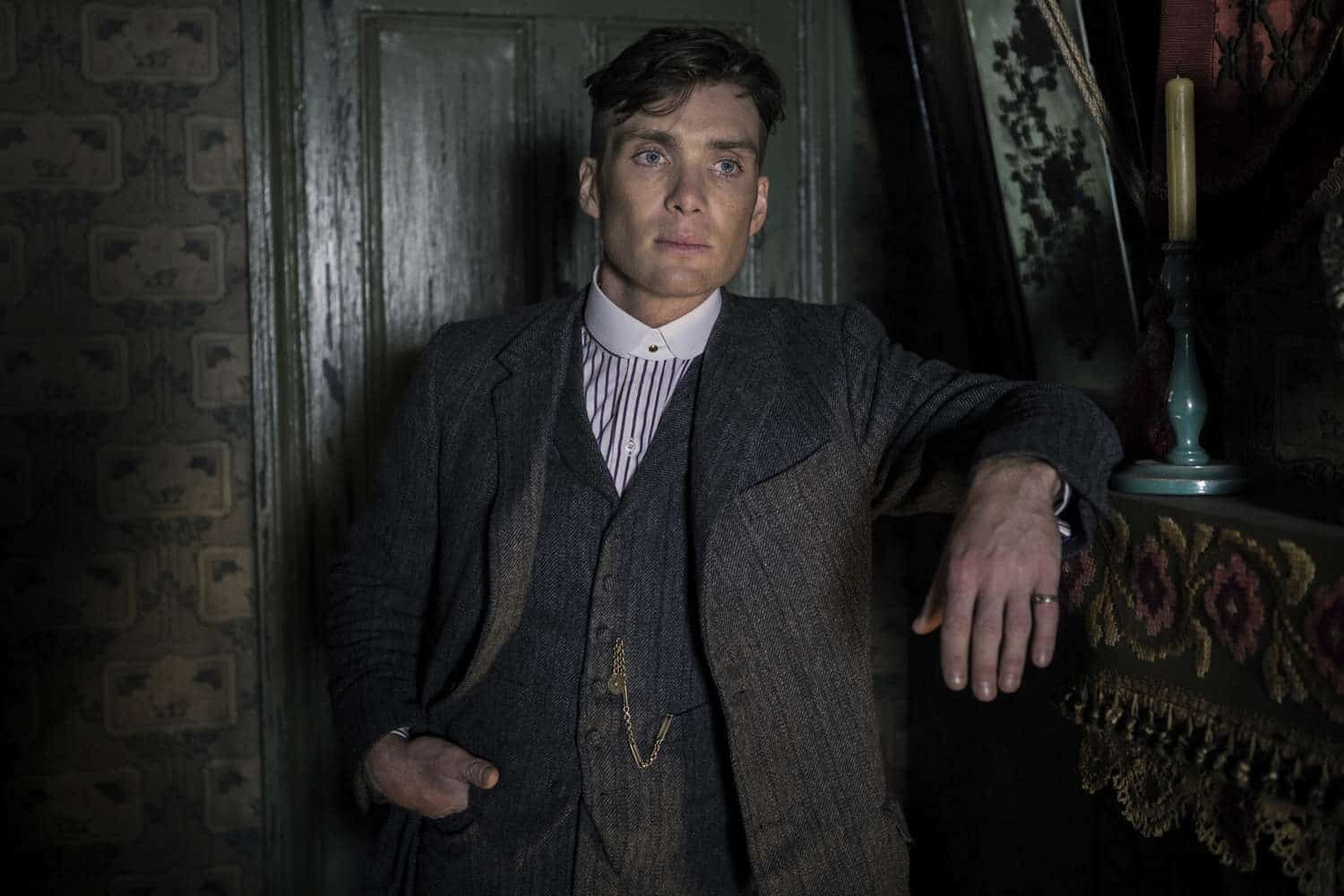
The modern favourites
David Brent in The Office
If Alan Partridge is the king of cringe, David Brent is his heir apparent.
Ricky Gervais’s creation is excruciating to watch, self-absorbed, deluded, and desperately seeking approval. Yet there is something painfully human about him. We all know a Brent in real life and secretly fear becoming one ourselves.
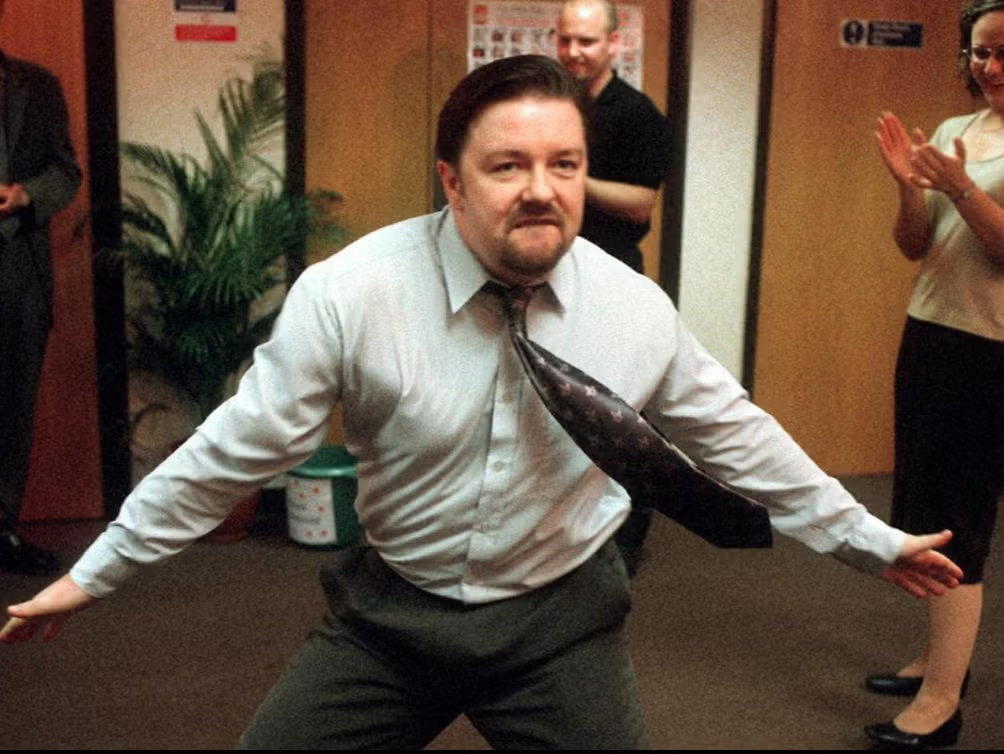
Fleabag in Fleabag
Phoebe Waller-Bridge’s Fleabag redefined what a TV character could be. With her knowing looks to the camera and unfiltered honesty, she pulled viewers directly into her messy, hilarious, and heartbreaking world.
She gave us permission to laugh at our own flaws while also confronting grief, love, and the general chaos of being alive.
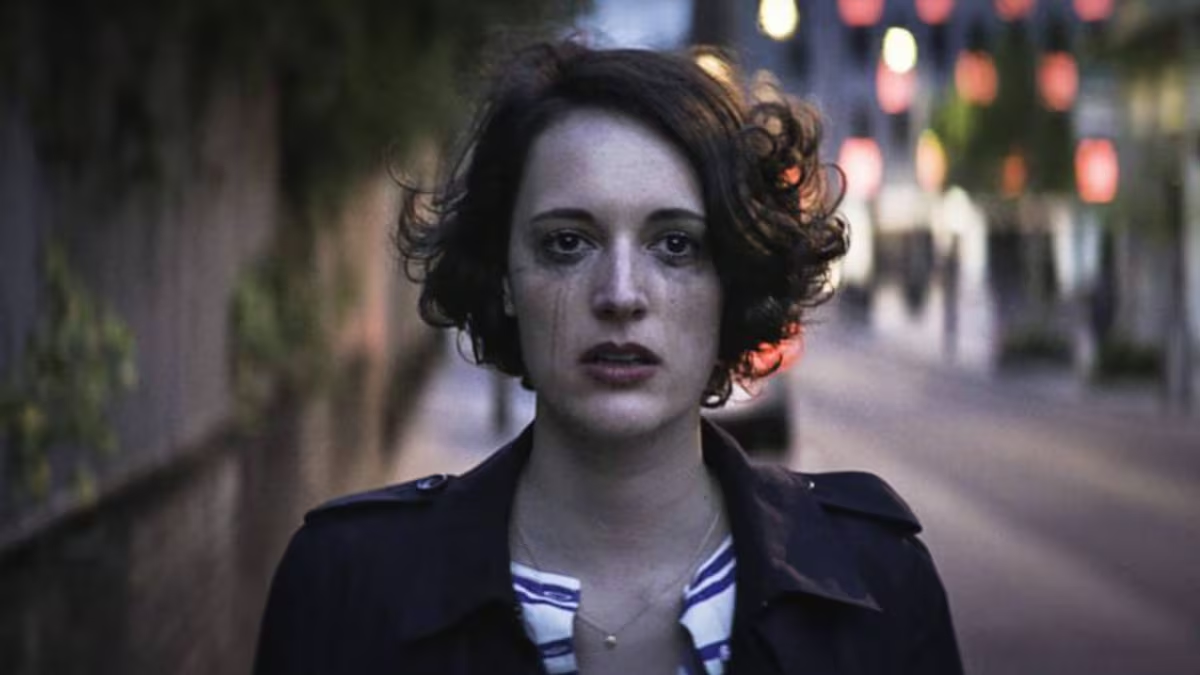
The Doctor in Doctor Who
From William Hartnell’s cranky grandfather to Jodie Whittaker’s energetic explorer, the Doctor has had more reinventions than the British high street.
Yet through every regeneration, the character’s essence remains the same, curious, brave, and a bit eccentric.
For many, the Doctor was a first brush with sci-fi, proving you do not need Hollywood budgets to imagine entire universes.
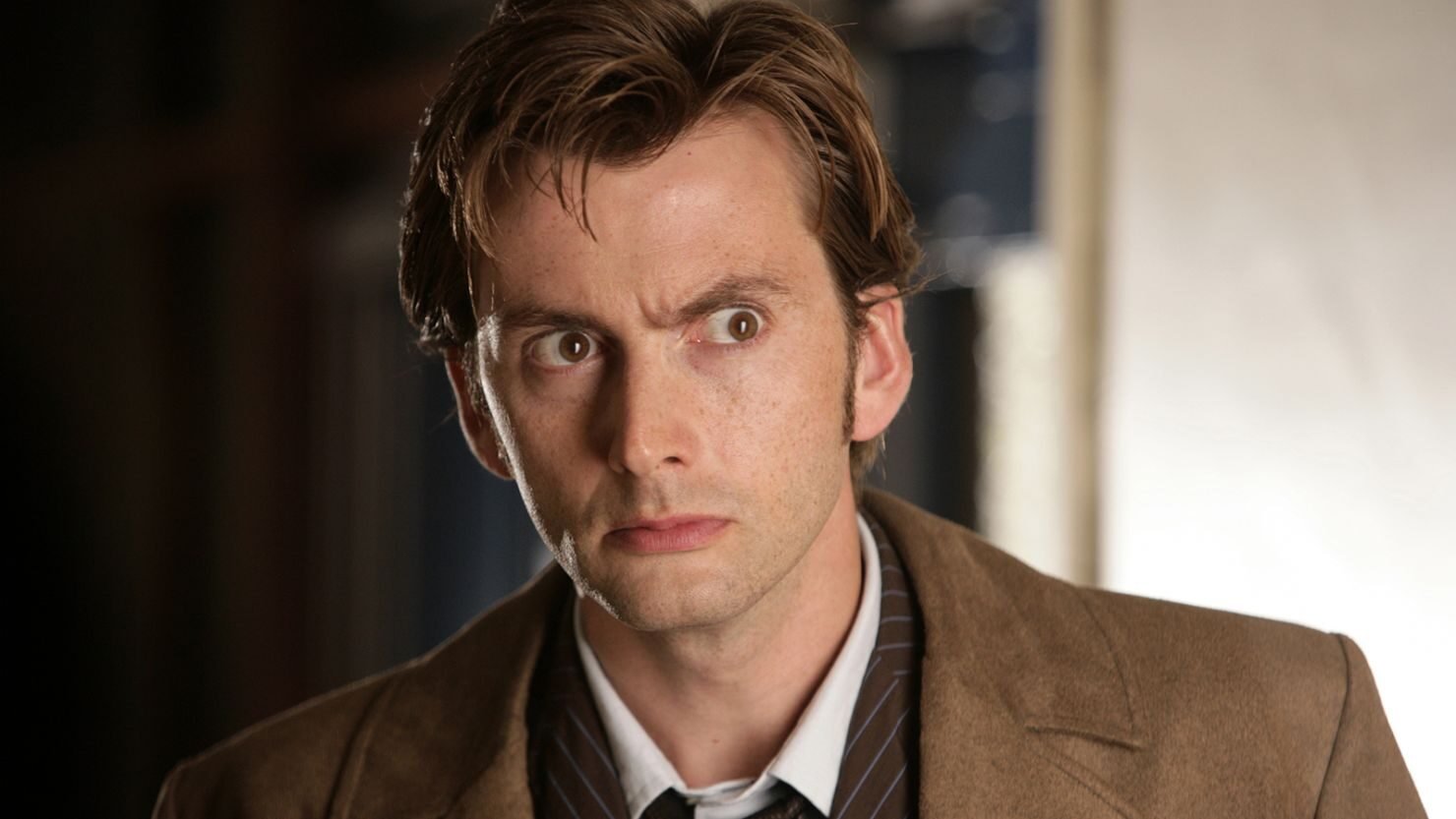
Olivia Colman as Queen Elizabeth II in The Crown
Olivia Colman brought warmth, dignity, and a touch of quiet steel to her portrayal of Queen Elizabeth II.
Far from being a cold caricature of royalty, her performance gave us a monarch who was both relatable and regal, balancing personal struggles with the weight of duty.
Colman’s Elizabeth reminded audiences why The Crown is not just glossy drama but a series that captures the complexity of Britain’s most famous family.
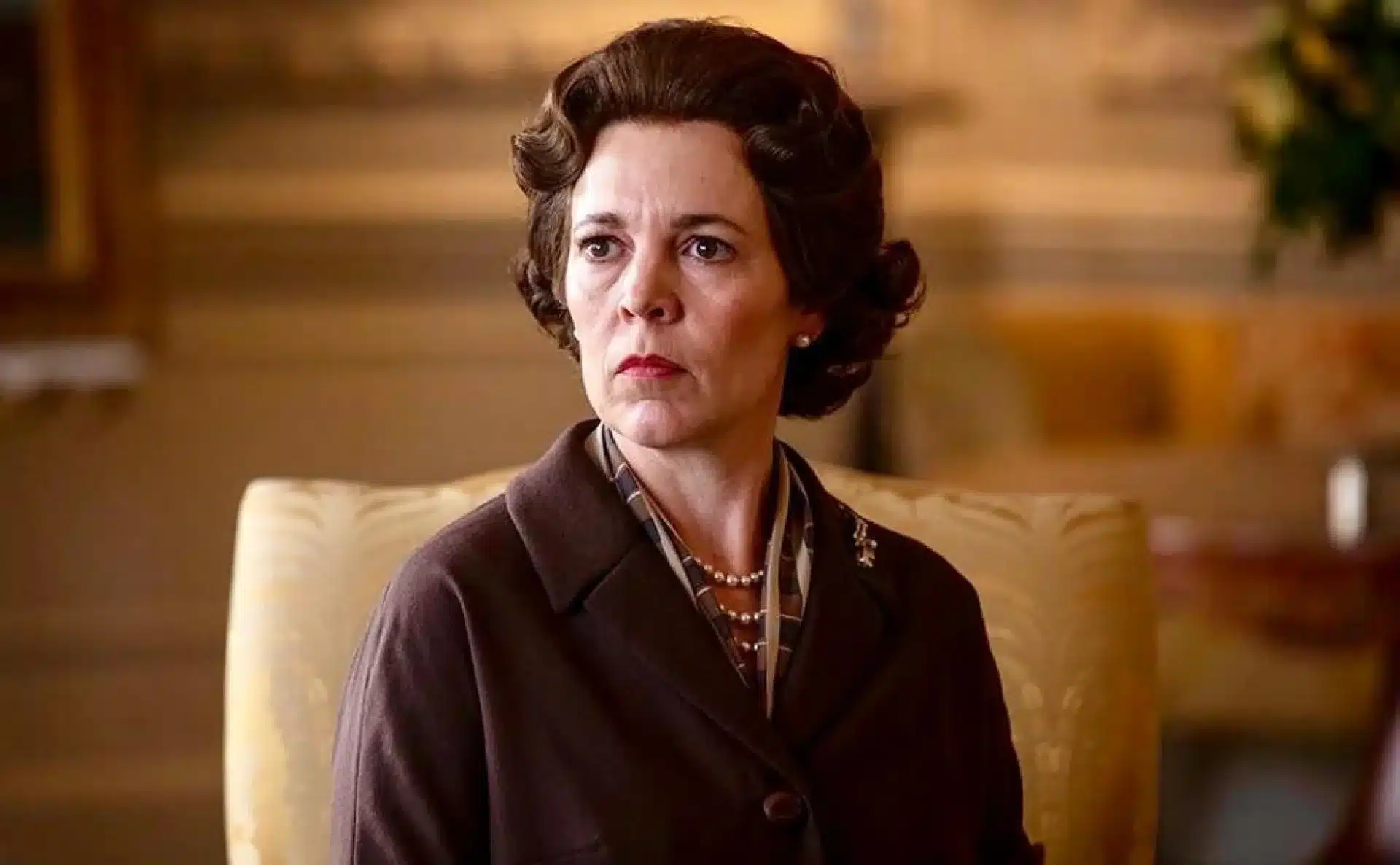
Moss, Roy and Jen in The IT Crowd
In the basement of Reynholm Industries, Moss, Roy and Jen turned office life into absurd comedy. With catchphrases like “Have you tried turning it off and on again?” and endless social blunders, the trio became cult favourites, proving that even the dullest workplaces can produce unforgettable characters.
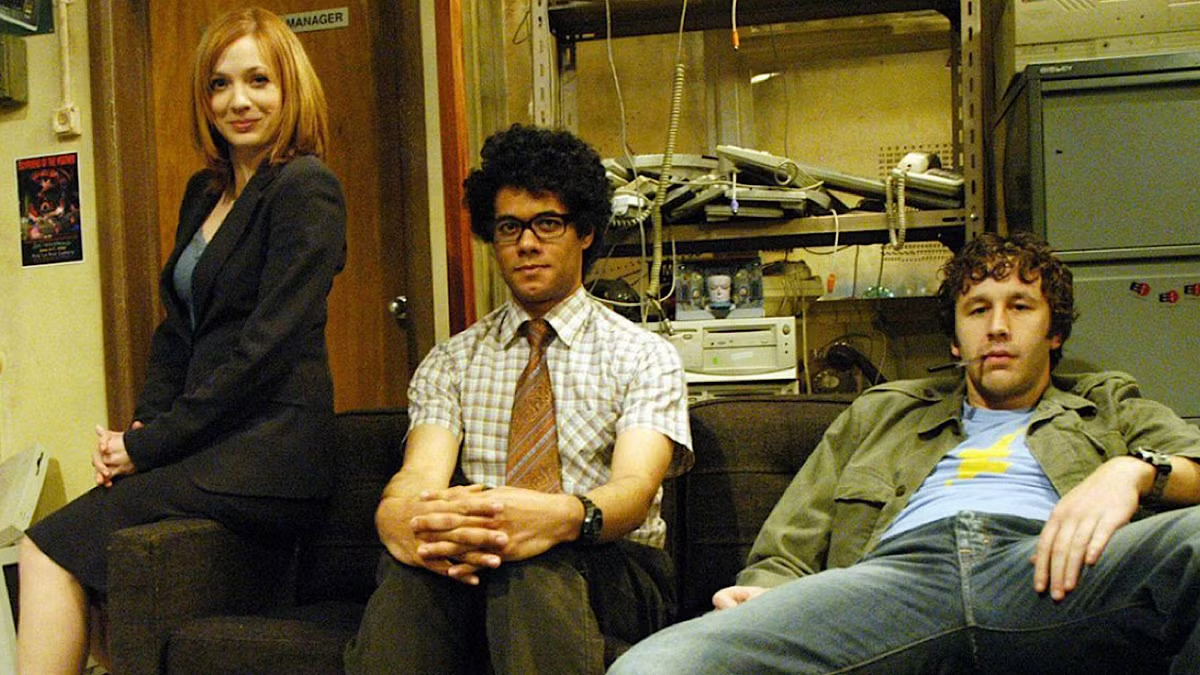
Characters who changed the conversation
Dot Cotton in EastEnders
Dot Cotton was not just a soap character, she was practically family to millions. With her chain-smoking, Bible-quoting ways, she embodied the resilience and contradictions of ordinary East End life. Through Dot, EastEnders tackled issues from faith to illness, making her a cultural touchstone beyond Albert Square.
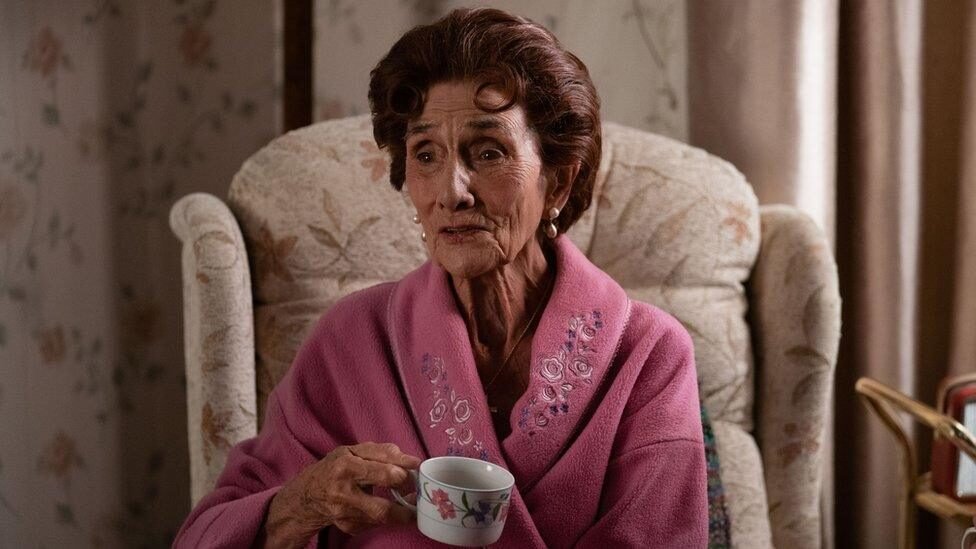
Stacey Slater in EastEnders
Lacey Turner’s Stacey Slater brought raw realism to the soap world, especially through storylines about mental health and bipolar disorder.
Her character helped spark national conversations about issues often brushed under the carpet, proving that even prime-time soaps could push boundaries and raise awareness while keeping millions glued to the screen.
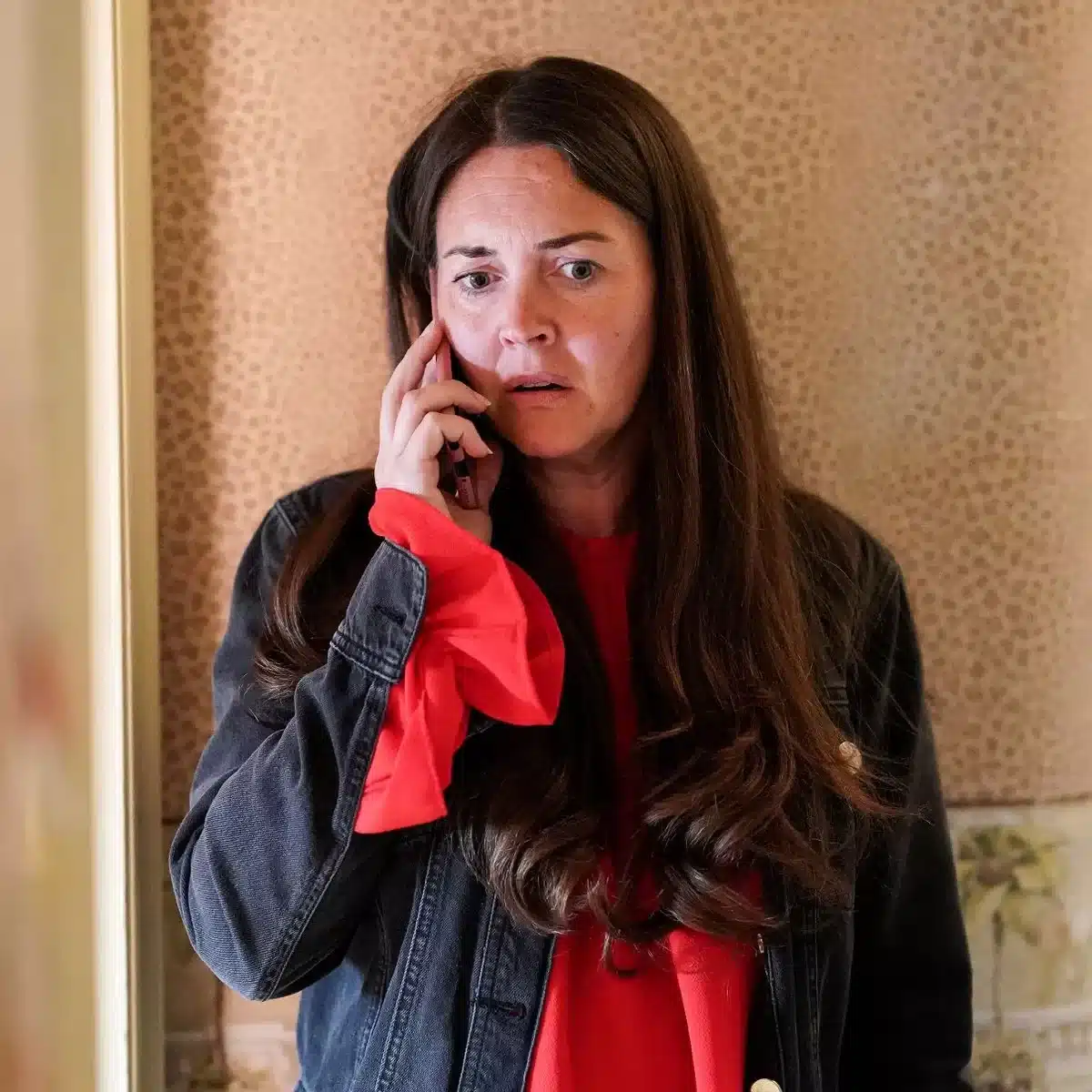
Sherlock Holmes in Sherlock
Benedict Cumberbatch’s modern spin on Sherlock Holmes was so slick it practically broke the internet. His sharp wit, impossible deductions, and on-again off-again friendship with John Watson made Sherlock a global sensation. He even made wearing a long coat in summer seem like a good idea, no small feat in Britain.
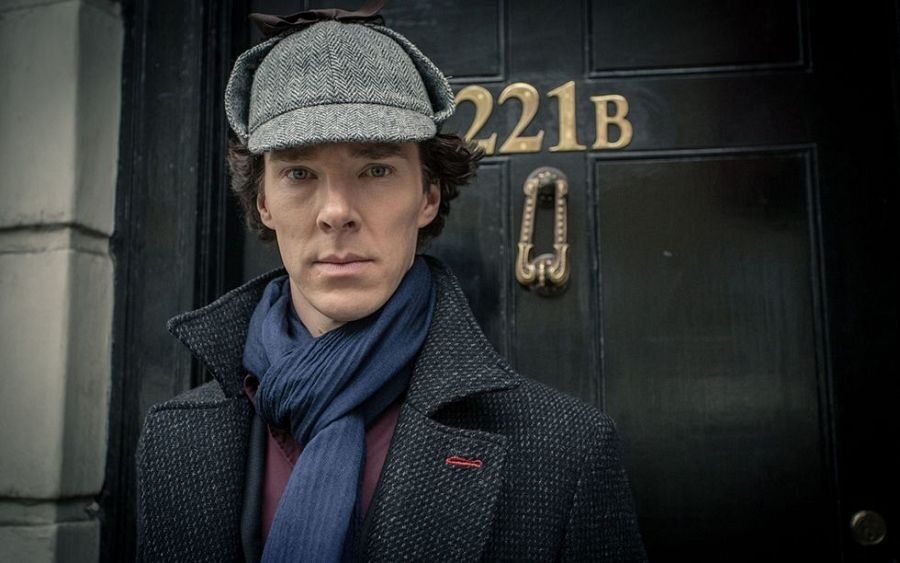
Memorable British POC characters
Arabella in I May Destroy You
Bold, witty, and groundbreaking, Arabella redefined what modern British drama could look like. She was raw and unflinching yet still full of humour, opening the door for more honest conversations on sensitive subjects.
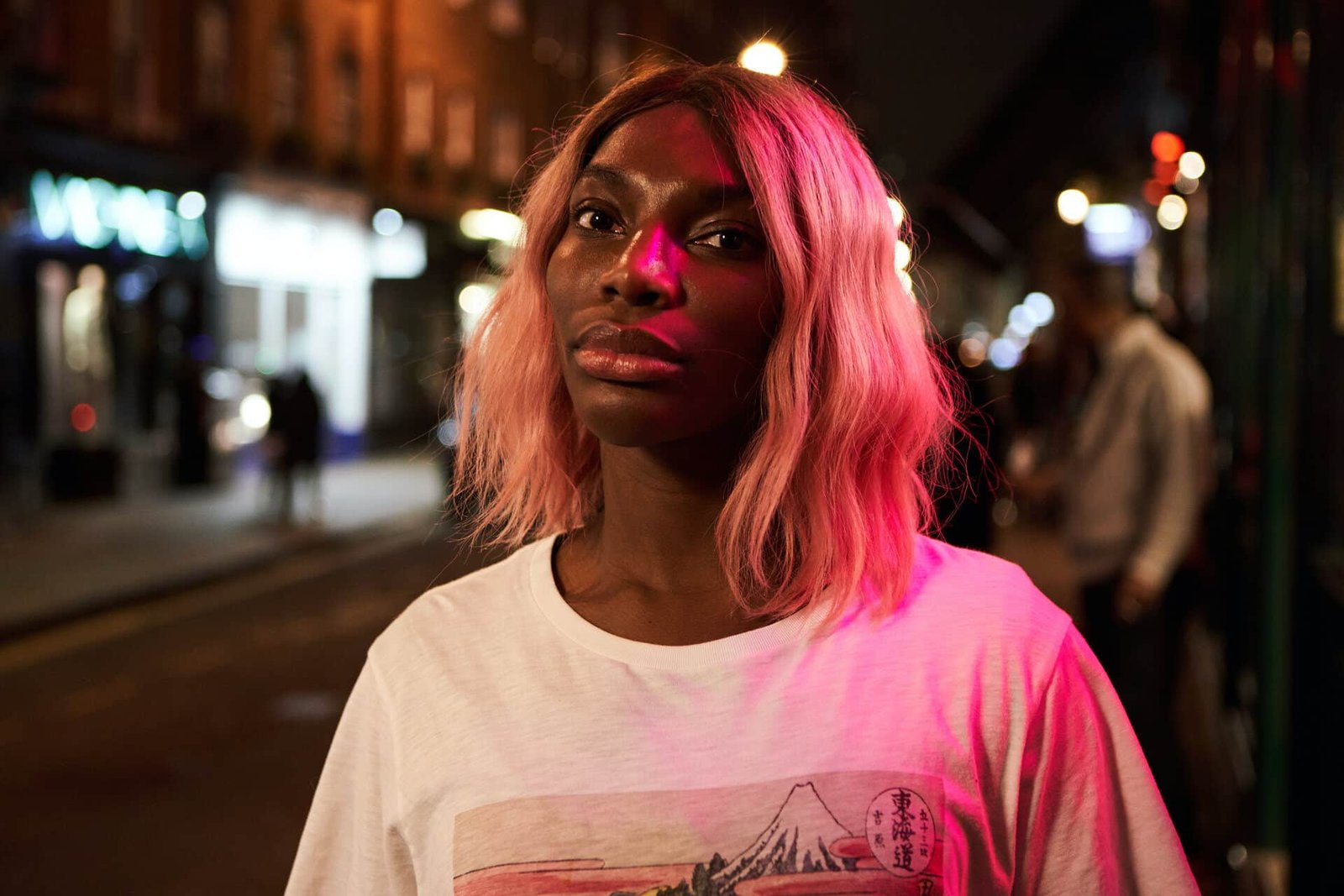
John Luther in Luther
Brooding, complex, and endlessly watchable, John Luther proved that a Black British lead could carry one of the most acclaimed crime dramas of its era. Elba’s performance made Luther a global phenomenon.
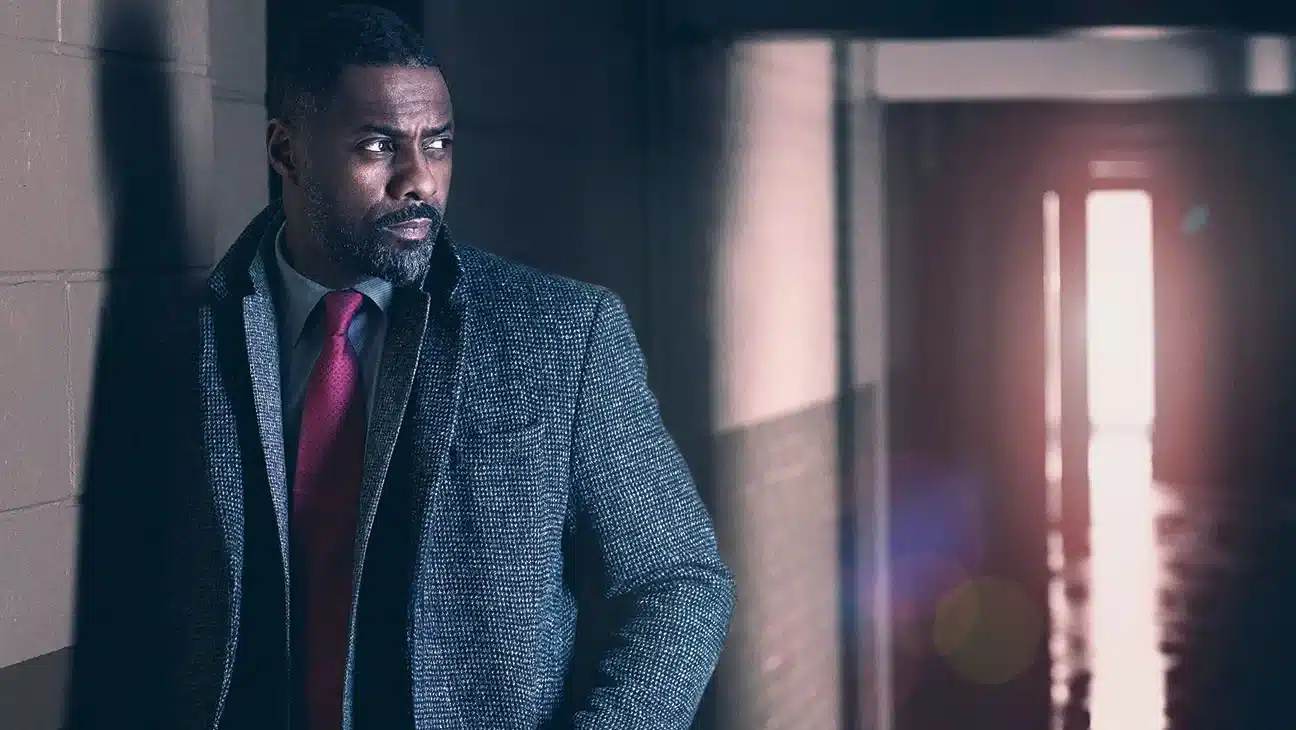
Anwar Kharral in Skins
As one of the most recognisable faces from Skins, Patel’s role gave a voice to a generation of British Asian teens balancing tradition and modern youth culture, while also launching him onto the international stage.
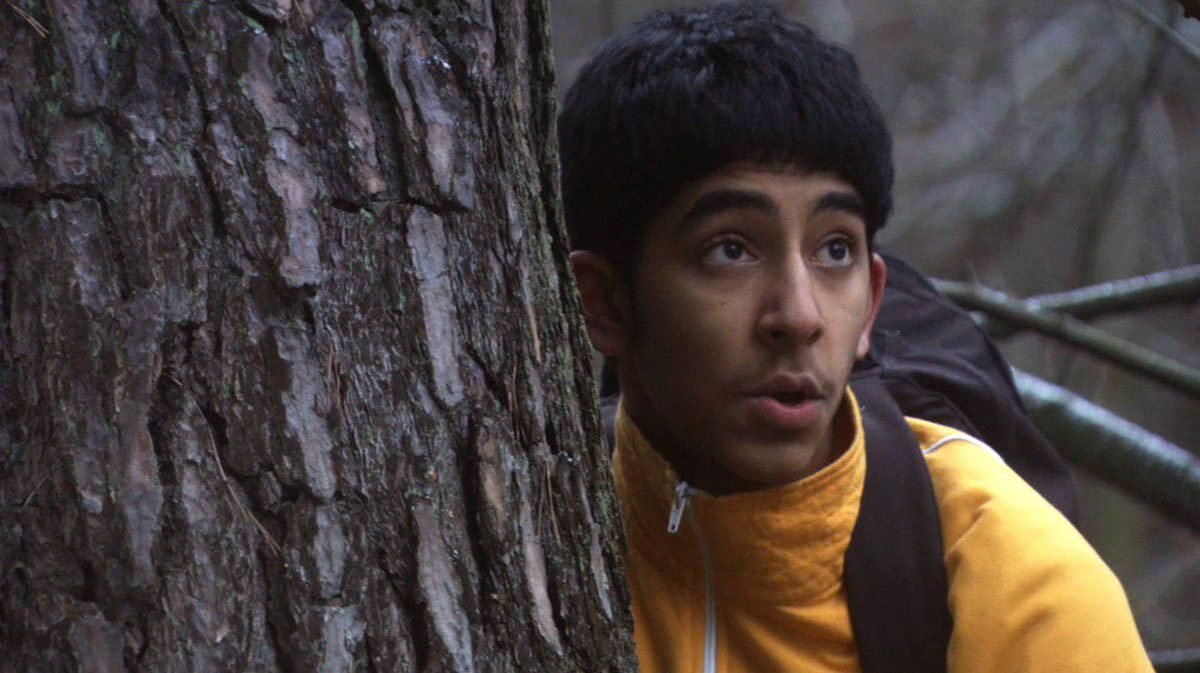
Sanjeev in The Kumars at No. 42
Blending sitcom with talk show, Bhaskar’s character brought British Asian family life into mainstream comedy. It was witty, affectionate, and utterly relatable for viewers across backgrounds.
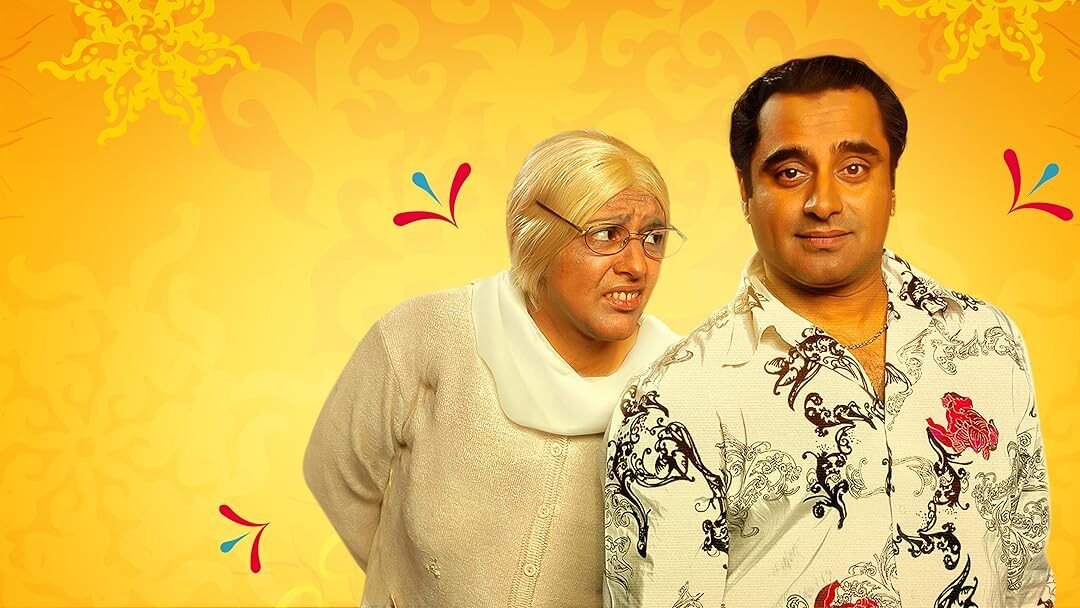
Conclusion: our telly hall of fame
What makes these characters unforgettable is not just their catchphrases or costumes, but how they have mirrored British life.
From Del Boy’s relentless optimism to Fleabag’s raw honesty, they reflect our quirks, flaws, and resilience.
British telly has always punched above its weight, creating characters who stick in our minds long after the credits roll. They have become part of our shared culture, weaving themselves into pub banter, family jokes, and even how we see ourselves as a nation.
So whether you are more of a Basil or a Brent, a Patsy or a Partridge, one thing is certain: the legends of the small screen are not just on TV, they are woven into the fabric of Britain itself.
And just as BeTranslated helps content travel across languages through subtitling and dubbing, British TV characters travel across cultures, proving that their humour and humanity need no translation.
Now it is over to you. Who is your favourite, and did we miss a gem? In true British fashion, we love nothing more than a good debate, preferably over a cuppa.

